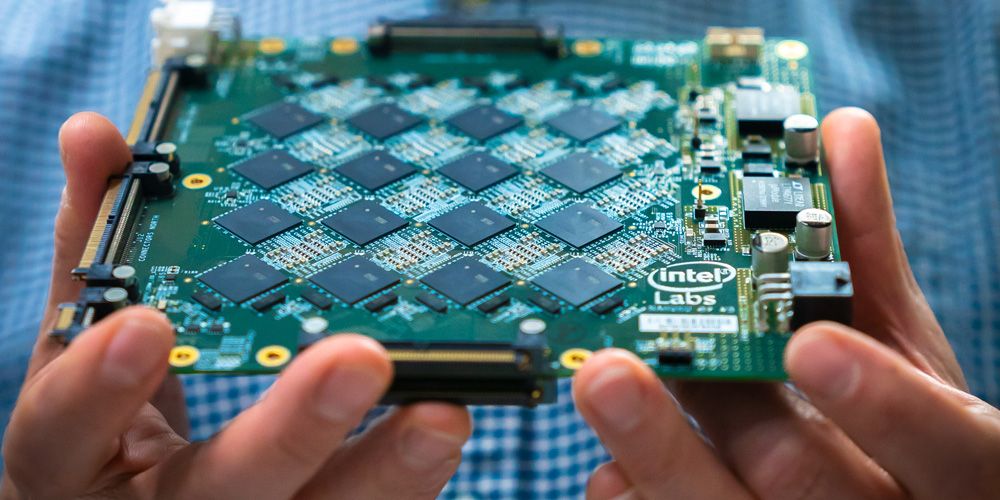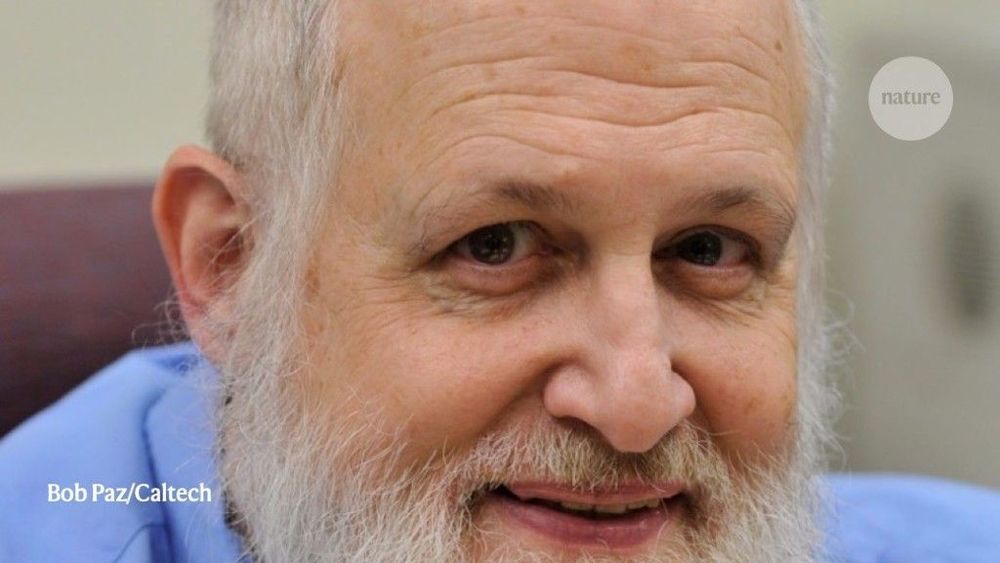Thoughts on the first atomic bombs used in anger, 75 years after Hiroshima and Nagasaki.



Time travel movies have different rules about what happens when you start messing around with the timeline. If you’ve ever wondered which ones make the most sense, we may now have an answer. According to experiments using a quantum time travel simulator, reality is more or less “self-healing,” so changes made to the past won’t drastically alter the future you came from – at least, in the quantum realm.
The classic Back to the Future rules of time travel say that whatever you change in the past can have huge effects on the future. That’s why Marty McFly can almost erase his own existence by accidentally stopping his parents from meeting, and why Biff Tannen can get rich by giving his younger self a book of sports scores to bet on.
Other movies handle things differently. In Avengers: Endgame, the superheroes travel back in time to steal versions of the Infinity Stones out of different time periods to revive their fallen friends (look, it doesn’t make much sense unless you’ve seen all 20-something movies). Anyway, they can dabble in the past without ruining the future because the universe has a knack for correcting those paradoxes so that both versions of events did happen.


“We are impressed with the early results demonstrated as we scale Loihi to create more powerful neuromorphic systems. Pohoiki Beach will now be available to more than 60 ecosystem partners, who will use this specialized system to solve complex, compute-intensive problems.” –Rich Uhlig, managing director of Intel Labs
Why It’s Important: With the introduction of Pohoiki Beach, researchers can now efficiently scale up novel neural-inspired algorithms — such as sparse coding, simultaneous localization and mapping (SLAM), and path planning — that can learn and adapt based on data inputs. Pohoiki Beach represents a major milestone in Intel’s neuromorphic research, laying the foundation for Intel Labs to scale the architecture to 100 million neurons later this year.
Nuclear batteries can last for over a century without recharging!

In 1979, CERN decided to convert the Super Proton Synchrotron (SPS) into a proton–antiproton collider. A technique called stochastic cooling was vital to the project’s success as it allowed enough antiprotons to be collected to make a beam.
The first proton–antiproton collisions were achieved just two years after the project was approved, and two experiments, UA1 and UA2, started to search the collision debris for signs of W and Z particles, carriers of the weak interaction between particles.
In 1983, CERN announced the discovery of the W and Z particles. The image above shows the first detection of a Z0 particle, as seen by the UA1 experiment on 30 April 1983. The Z0 itself decays very quickly so cannot be seen, but an electron–positron pair produced in the decay appear in blue. UA1 observed proton-antiproton collisions on the SPS between 1981 and 1993 to look for the Z and W bosons, which mediate the weak fundamental force.

Deepfakes are the most concerning use of AI for crime and terrorism, according to a new report from University College London.
The research team first identified 20 different ways AI could be used by criminals over the next 15 years. They then asked 31 AI experts to rank them by risk, based on their potential for harm, the money they could make, their ease of use, and how hard they are to stop.
Deepfakes — AI-generated videos of real people doing and saying fictional things — earned the top spot for two major reasons. Firstly, they’re hard to identify and prevent. Automated detection methods remain unreliable and deepfakes also getting better at fooling human eyes. A recent Facebook competition to detect them with algorithms led researchers to admit it’s “very much an unsolved problem.”


Researchers from the Icahn School of Medicine used a novel genetic sequencing technology to identify the genetic cause of—and a treatment for—a previously unknown severe auto inflammatory syndrome affecting an 18-year-old girl since infancy.
The technology, tailored to the patient’s own genetic code at a single cell level, helped the researchers characterize an unknown mutation in a gene called JAK1 that caused the patient’s immune system to be permanently turned on, resulting in rashes over much of her skin, growth abnormalities, kidney failure, allergic hypersensitivities, and an unusual inflammatory condition throughout the digestive tract.
The study, led by Dusan Bogunovic, Ph.D., Associate Professor of Microbiology, and Pediatrics, at the Icahn School of Medicine at Mount Sinai, faculty member of The Mindich Child Health and Development Institute and the Precision Immunology Institute at Mount Sinai, and Director of the Center for Inborn Errors of Immunity, was published in the August 3 issue of the journal Immunity. The discovery points toward new ways to study how genetic diseases manifest and presents a model of personalized diagnosis and treatment for patients with genetic diseases.